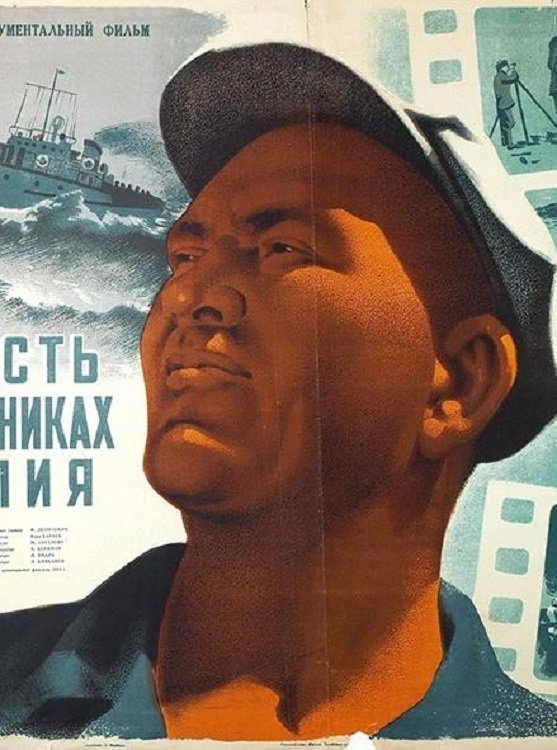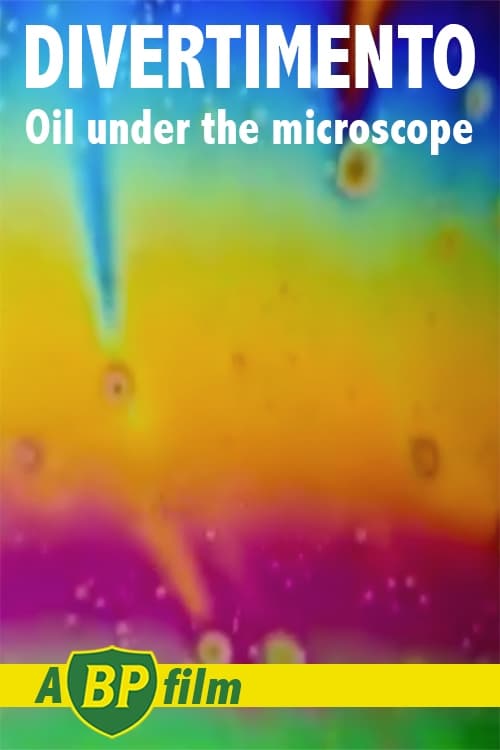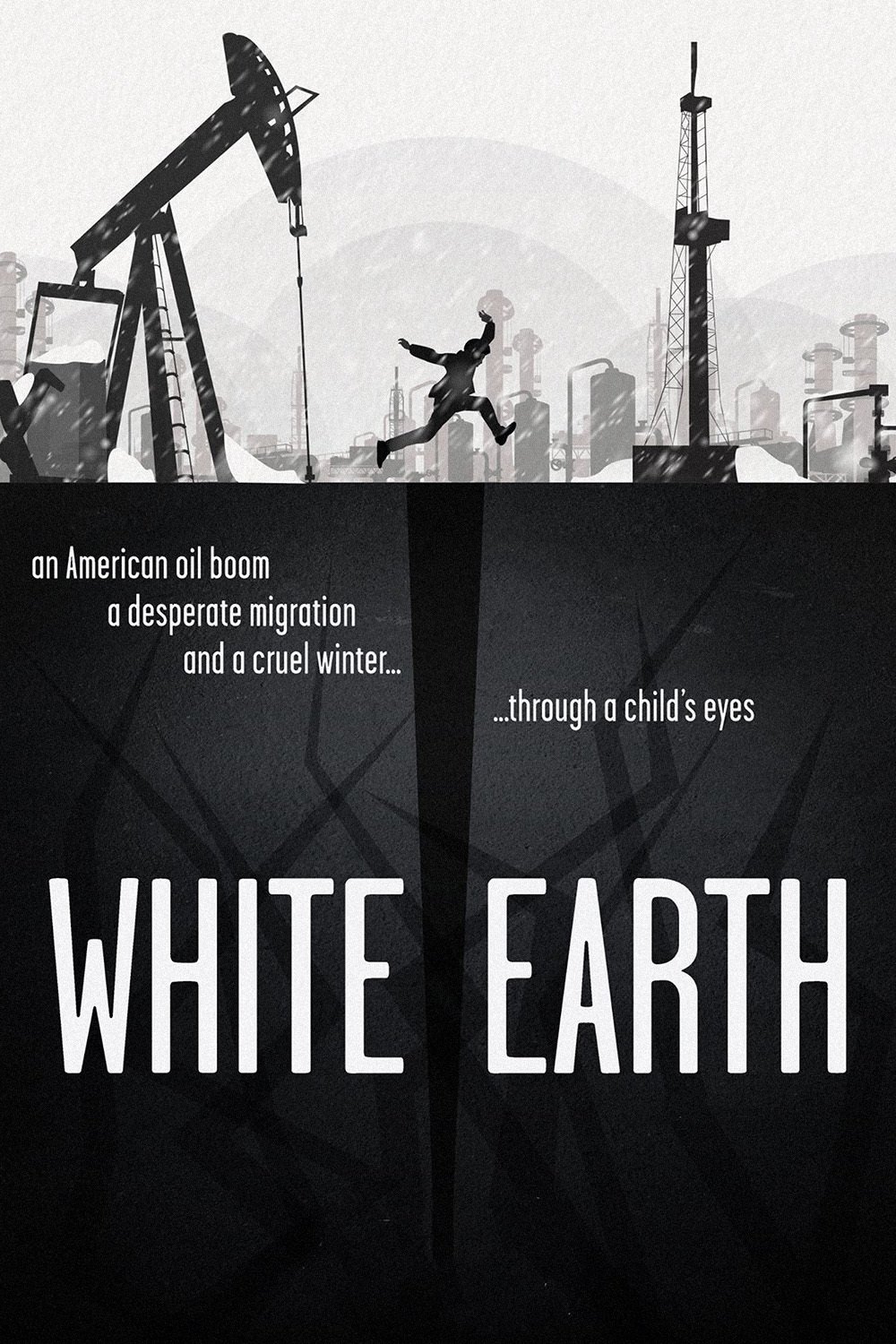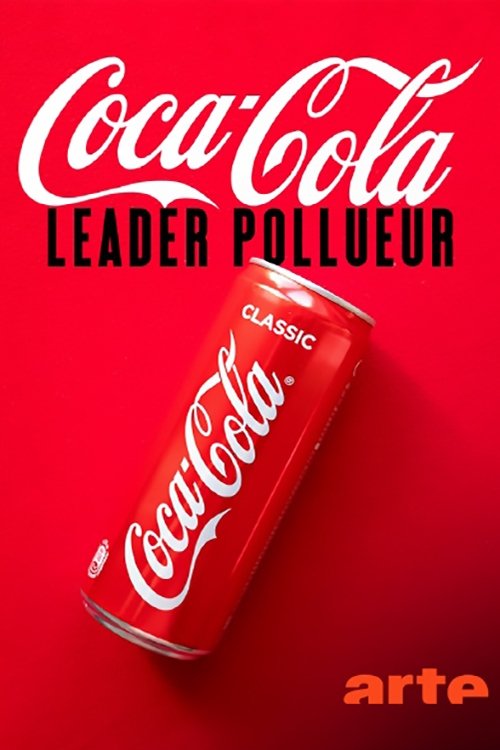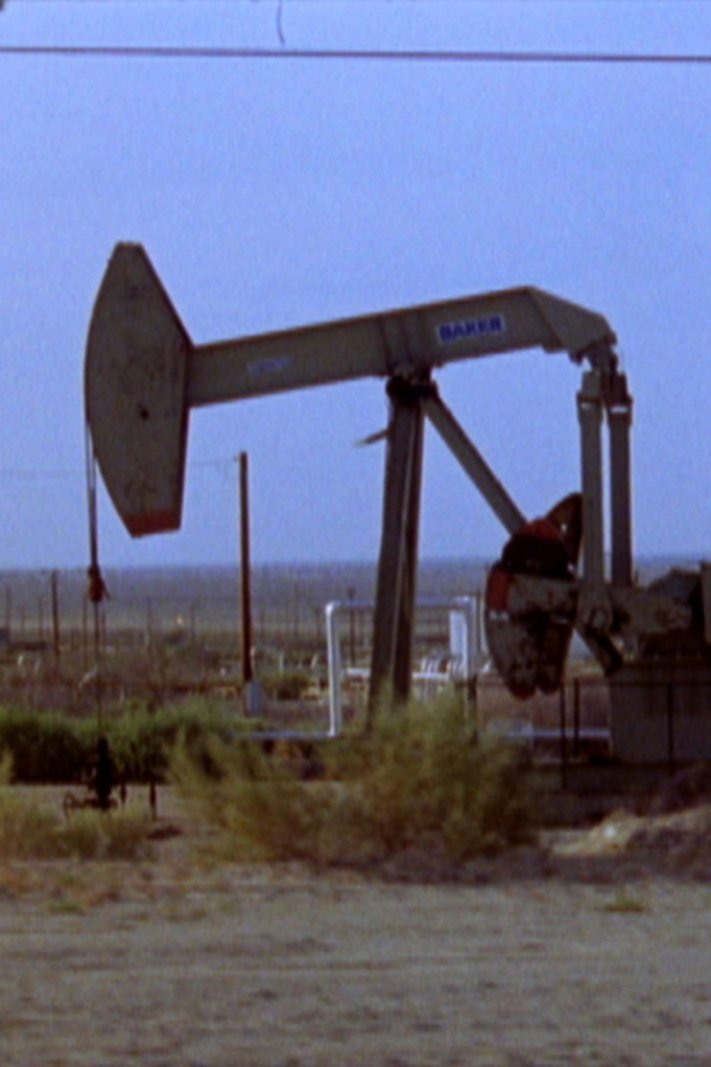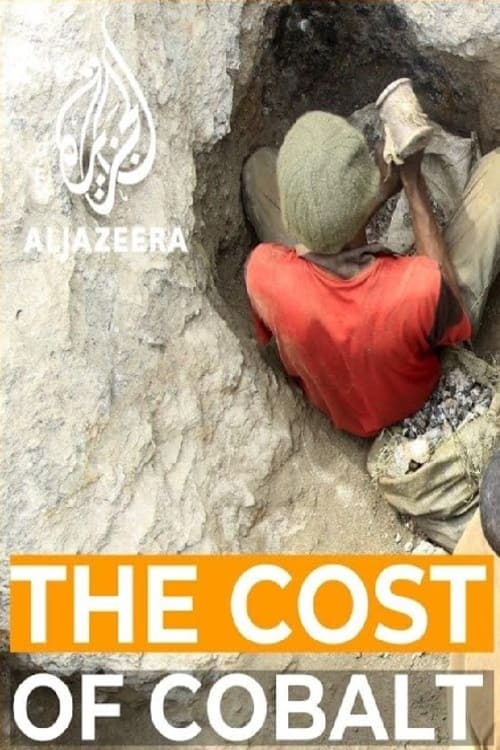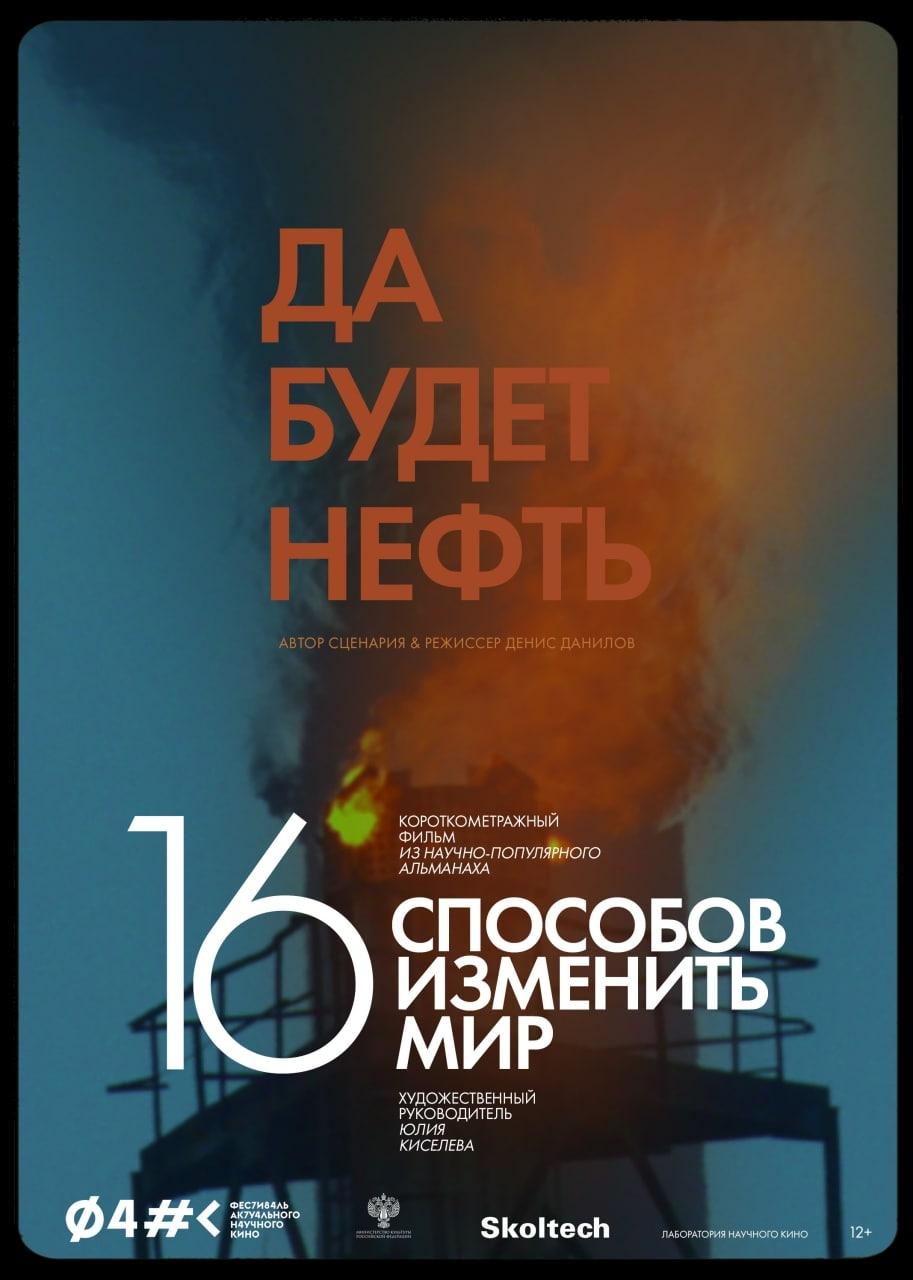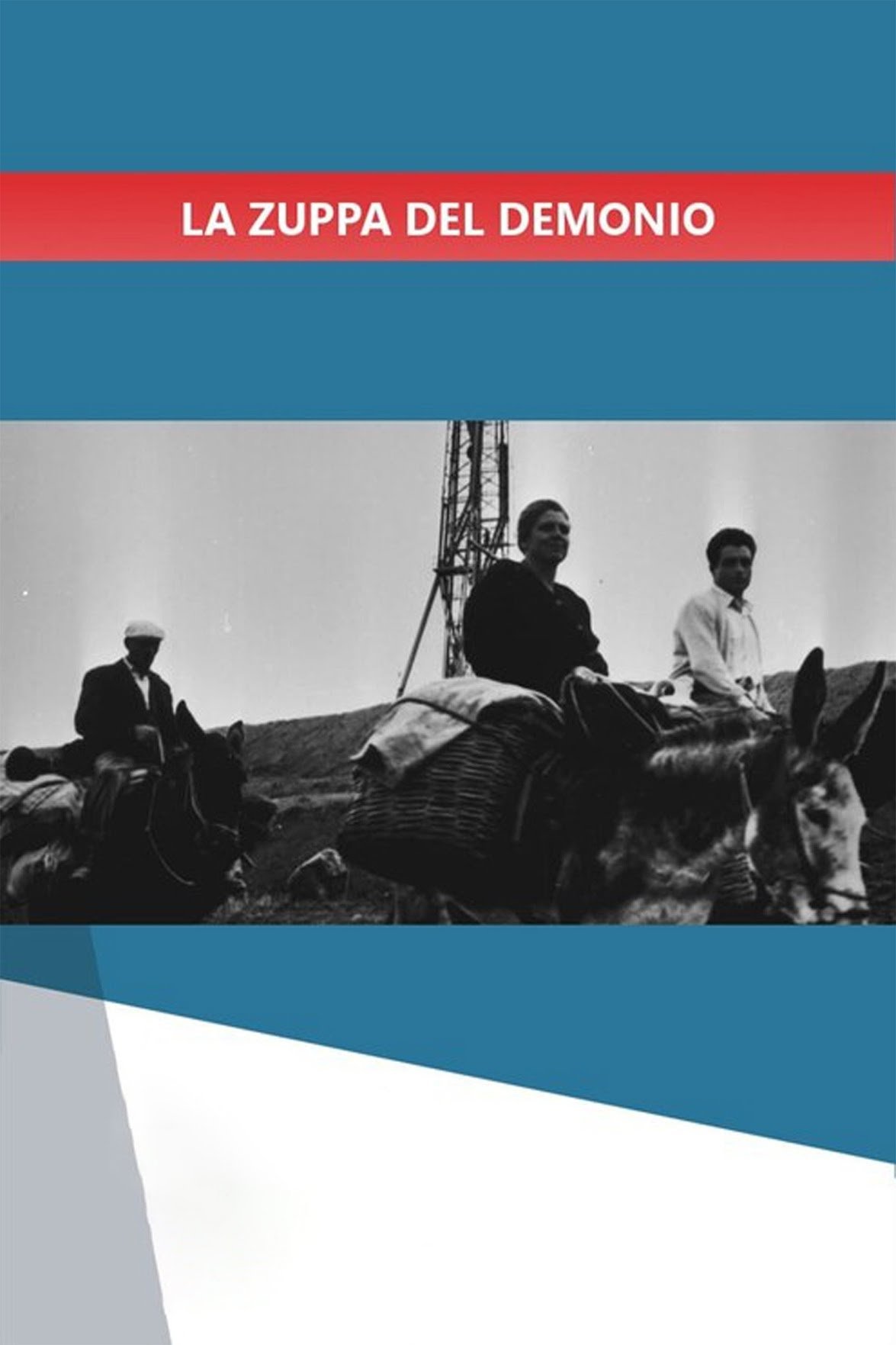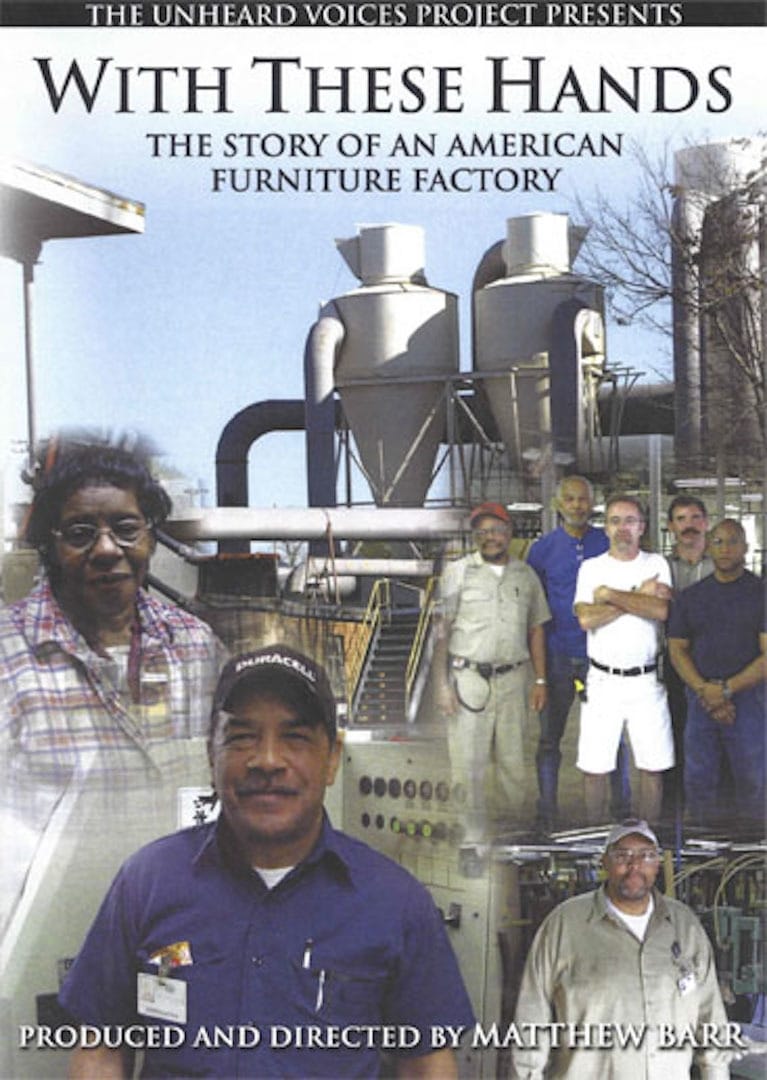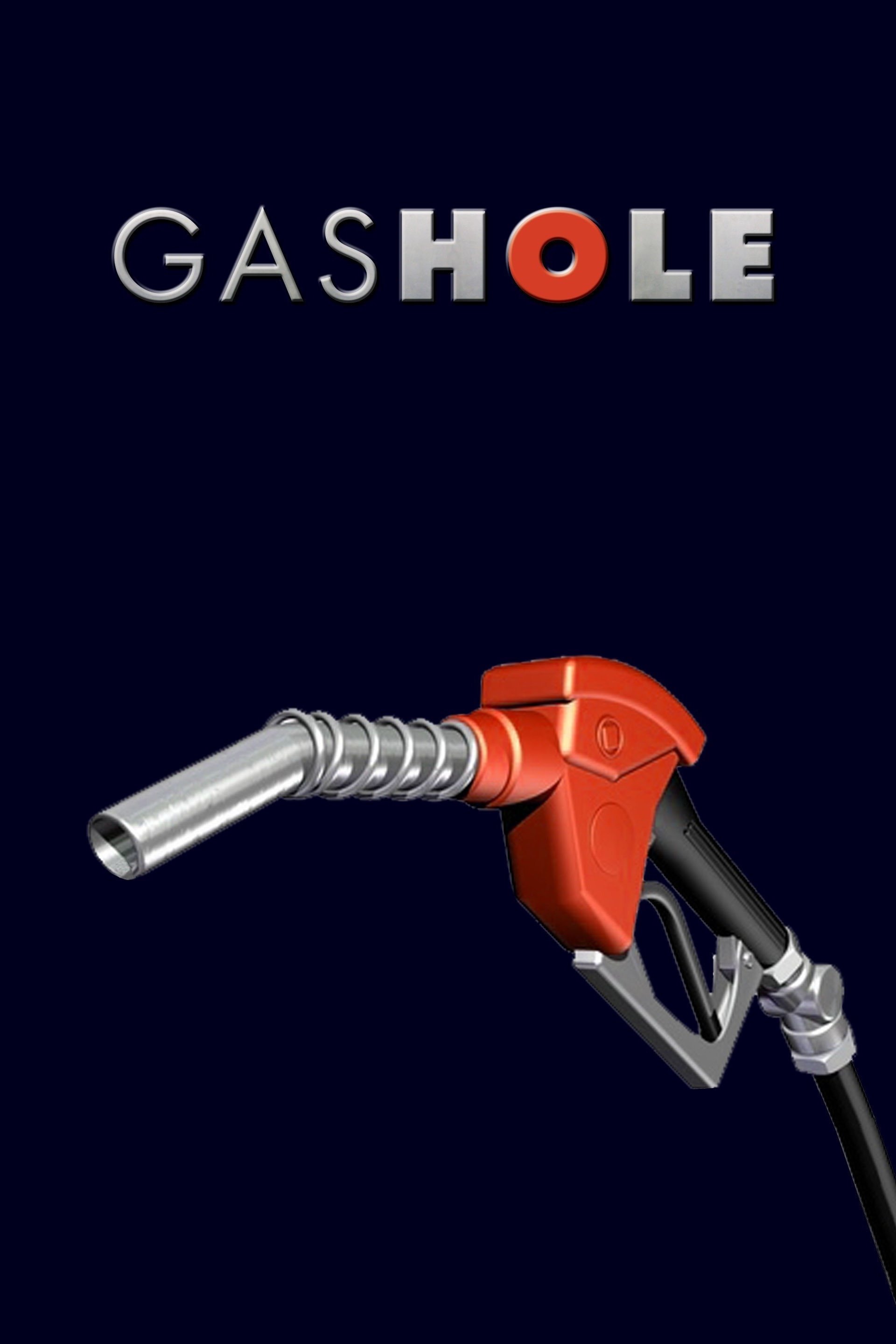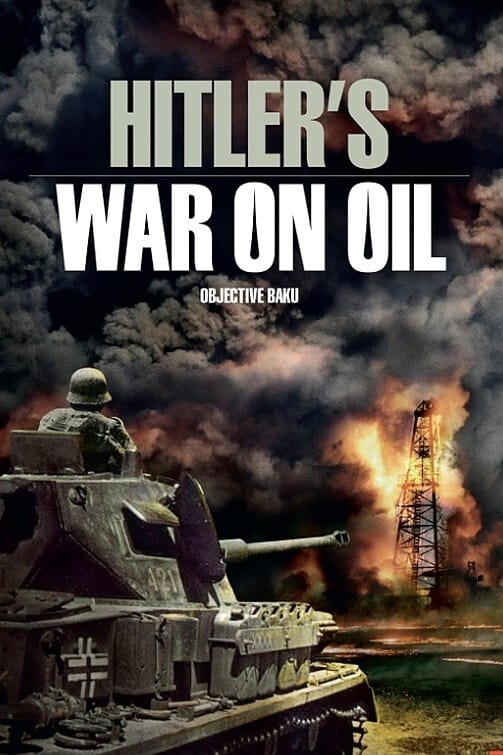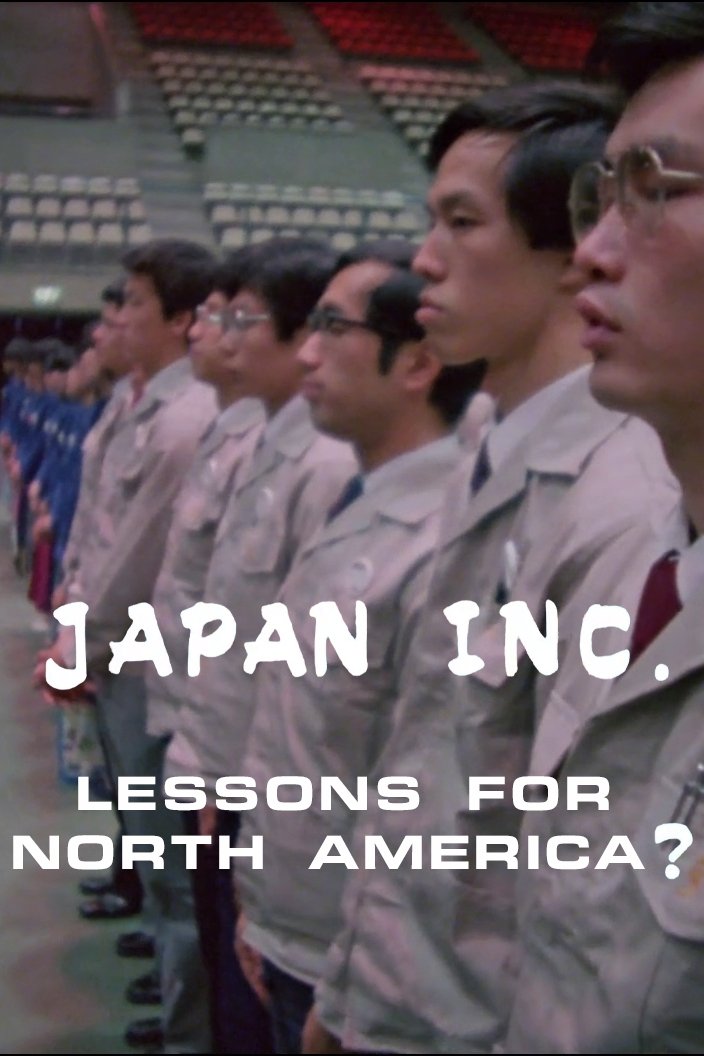Prospecting for Prosperity
Watch Movie
Share
Prospecting for Prosperity
1975
0h 12m
0.0(0 votes)
Documentary
Overview
Introduction to the oil industry of India in the post-colonial period.
Links & Resources
Social & External
Production Companies

Cast & Crew
1 member
Acting
Rabindra Dharmaraj
Narrator
No Image
Similar Movies
Recommended Movies

No Recommendations Yet
We're working on finding the perfect movies for you. Check back soon!
More movies coming soon
